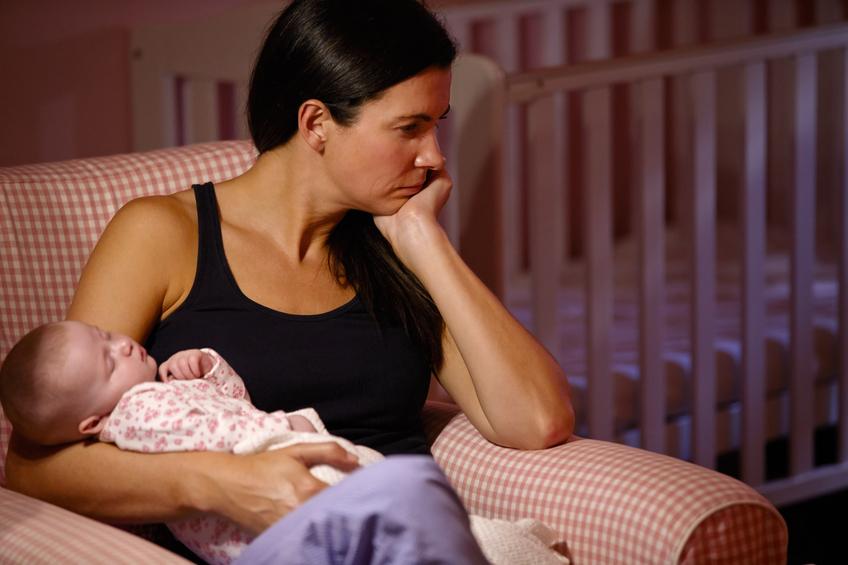Postpartum Depression

At Doylestown Women's Health Center, our doctors proudly provide the highest quality OB/GYN services to women of all ages in the Bucks County, PA community. Naturally, giving birth can trigger a slew of powerful emotions from sheer joy and excitement to anxiety and fear. Even though childbirth is supposed to be a happy time, some new mothers experience some degree of emotional vulnerability after giving birth which is a common phenomenon that's referred to as the "baby blues." Symptoms of the baby blues can include mood swings, bouts of crying, anxiety and difficulty sleeping. But some new mothers experience a more severe, long-lasting form of the baby blues which is known as postpartum depression.
Postpartum Depression Symptoms
The signs and symptoms of postpartum depression can vary from one mother to the next and can range from mild to severe. These symptoms may include:
- Mood swings
- Anxiety and panic attacks
- General feeling of sadness with excessive crying
- Irritability and feelings of anger
- Withdrawing from family and friends
- Reduced interest and pleasure in activities that were previously enjoyed
- Loss of concentration
- Loss of appetite or eating more than usual
- Sleep difficulties
- Thoughts of self-harm or recurrent thoughts of death
While postpartum depression is often initially mistaken for the baby blues, the signs and symptoms are more intense and longer lasting wherein the mother may find it difficult to care for her baby and handle all her daily tasks. Usually the symptoms of postpartum depression develop within the first few weeks following birth, but they may begin up to six months after childbirth.
Why Women Develop Postpartum Depression
While there is no one cause of postpartum depression, physical and/or emotional issues may play a role. From a physical standpoint, the dramatic drop in hormone levels in the body after childbirth can leave some new mothers feeling tired and depressed. On the emotional side, sleep deprivation can trigger a feeling of being completely overwhelmed and anxious concerning all the responsibilities a mother faces when caring for a newborn.
When to See a Doctor
If you feel depressed after childbirth, you may be hesitant or embarrassed to talk about how you're feeling. But if you are experiencing any of the symptoms of postpartum depression, it's imperative that you contact your doctor right away. Postpartum depression is often successfully treated with psychotherapy, medication or both.
At Doylestown Women's Health Center, we provide our patients with the support they need for the duration of their pregnancy and beyond. We understand that it can be overwhelming to have a baby and we're here to help. If you're concerned that you or someone you love may be suffering from postpartum depression, call us today at (215) 340-BABY (2229) so we can help.
